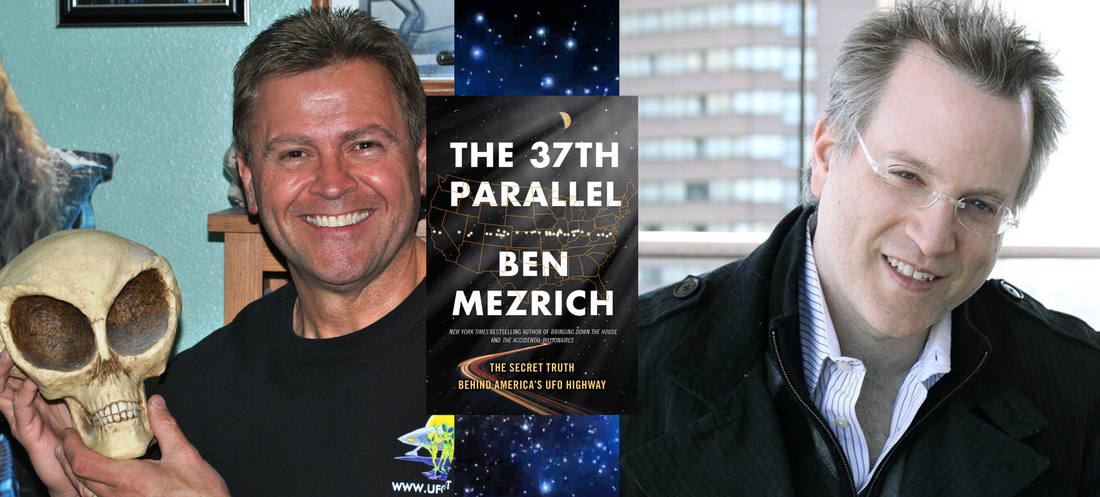During the program’s run, critics often suggested that Chris Carter’s conspiracy yarn simply yet efficiently tapped into the zeitgeist, a collective funk allegedly fueled by an audience’s skepticism over governments and what they tell us about the world. I, however, often attributed X’s fame to the fact that for perhaps the first time in TV history here was a show that painted a human face on things each of us might have fleeting fascinations with. You say you believe in vampires? Well, here’s a story that explores vampires. You say you believe in miracles? Well, miracles exist, and here’s how you spot them. There’s a monster living under your bed? Well, of course there is, and what took you so long to catch on?
At a time when polls suggest that up to seventy-five percent of us believe that we’re not alone in the universe, 20th Century Fox television presented a program willing to put up two well-written characters to weekly debate and sometimes debunk UFOs, aliens, and the necessary government conspiracies while not thumbing its nose at the audience. And always – always – Carter and his willing cast and crew let their audience decide whether “the truth is out there” or not. We never had to believe, but a desire to want to was optional, respected, and encouraged.
Because such subject matter has always interested me, I was thrilled to pick up a copy of Ben Mezrich’s The 37th Parallel. Parallel explores the life and times of Chuck Zukowski, a real-life Fox Mulder (sans the government ID) who has spent over a decade personally investigating UFOs, cattle mutilations, and the like; and – much like The X-Files – Mezrich recounts the adventures of an ordinary man willing to risk life and liberty not only asking extraordinary questions but establishing astounding conclusions, the biggest of which links to the book’s title. (I won’t personally spoil it for you, though a handy bit of web searching will show you that it’s all over the place.)
Like Zukowski, I’m a believer, most decidedly in the fact that UFOs exist. (We may differ on what we believe they are or where they come from, but I digress …)
Under Mezrich’s watchful writing, it’s easy to see how an average guy who seeks to understand things might find himself obsessively compelled to look under rocks for answers to life’s questions, and it’s that compulsion that drives so much of Zukowski’s story. Along the way, you “feel” his desire to keep searching, even if it’s just for one more day. Everything about his journey feels authentic, even when he’s unintentionally putting his family’s welfare at risk; he admits knowing some of his choices are wrong, but it’s so very human to not help one’s self or to not serve one’s best interests when you’re truly committed to the truth. Dare I say, there’s probably a little bit of Chuck Zukowski in each of us? It’s that everyman appeal which gives Parallel its spine.
Along the way, Mezrich also introduces us to some very real supporting players. Outer space entrepreneur Robert Bigelow plays a larger-than-expected role in Zukowski’s story; their trails overlap in ways obvious and sometimes concerning. Chuck’s wife (Tammy) and sister (Debbie) each have their own unique perspective on the investigations; but each is understandable and relatable given the nature of their separate relationships to the central player and the mysteries presented here. Even the Zukowski children pop up when you least expect them (such is the child’s tendency), fleshing out what could in lesser hands seem trivial when – in reality – might be seminal developments in this long and winding road.
Still …
The essential problem I have with Mezrich’s The 37th Parallel is that – despite being an interesting read that puts and maintains that much-needed human face on the narrative – it finishes (kinda/sorta) where it started, never really quite answering any of the questions it raised and with a conclusion that feels “lifted” from Hollywood instead of the ‘slice of life’ attitude which dominates so much of the Zukowski story. Think of it this way: for 247 pages the reader is led to believe it’s a work of bona fide non-fiction … but – on the very last page – you find you’ve been dropped on your butt in a popcorn flick.
To make matters worse, Mezrich implies that both he and Zukowski finally have the answers – answers to perhaps not only a single conspiracy but also perhaps anything that’s tangentially referenced in the greater UFO phenomenon – but they’ve cleverly “redacted” them from the text – complete with black-out boxes – and you’re not worthy of the secrets they’ve uncovered.
So … what’s the purposes of all this fuss?
Oft-times, UFO books are understandably maligned for creating smaller niches within what’s already an existing cottage industry: instead of joining the broader scholarship of what’s come before, authors like to stake out their own territory, to build their own readership and ignore so-and-so’s books because “mine are better” or, at least, that’s what consumers are led to believe. Due entirely to that last page “construction,” Mezrich’s tome “feels” like the worst kind of purchase – crass commercialism meant to cash in on the subject matter while only promising to provide answers to some of humanity’s most perplexing questions, including “are we alone?”
It’s a cheap finish, one that readers didn’t deserve, and one that’ll definitely have me questioning whether or not this was legitimate scholarship or simply a wild goose chase for cash.


 RSS Feed
RSS Feed